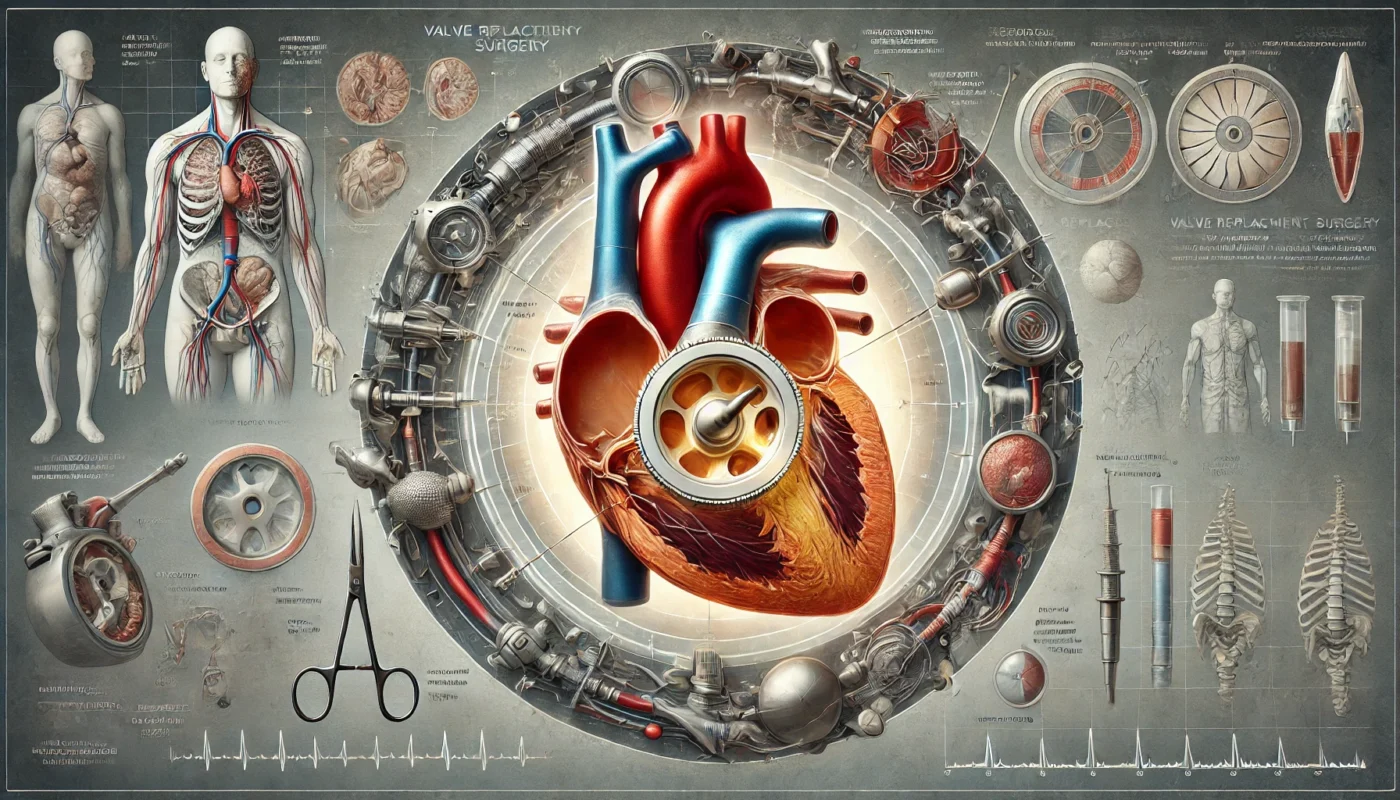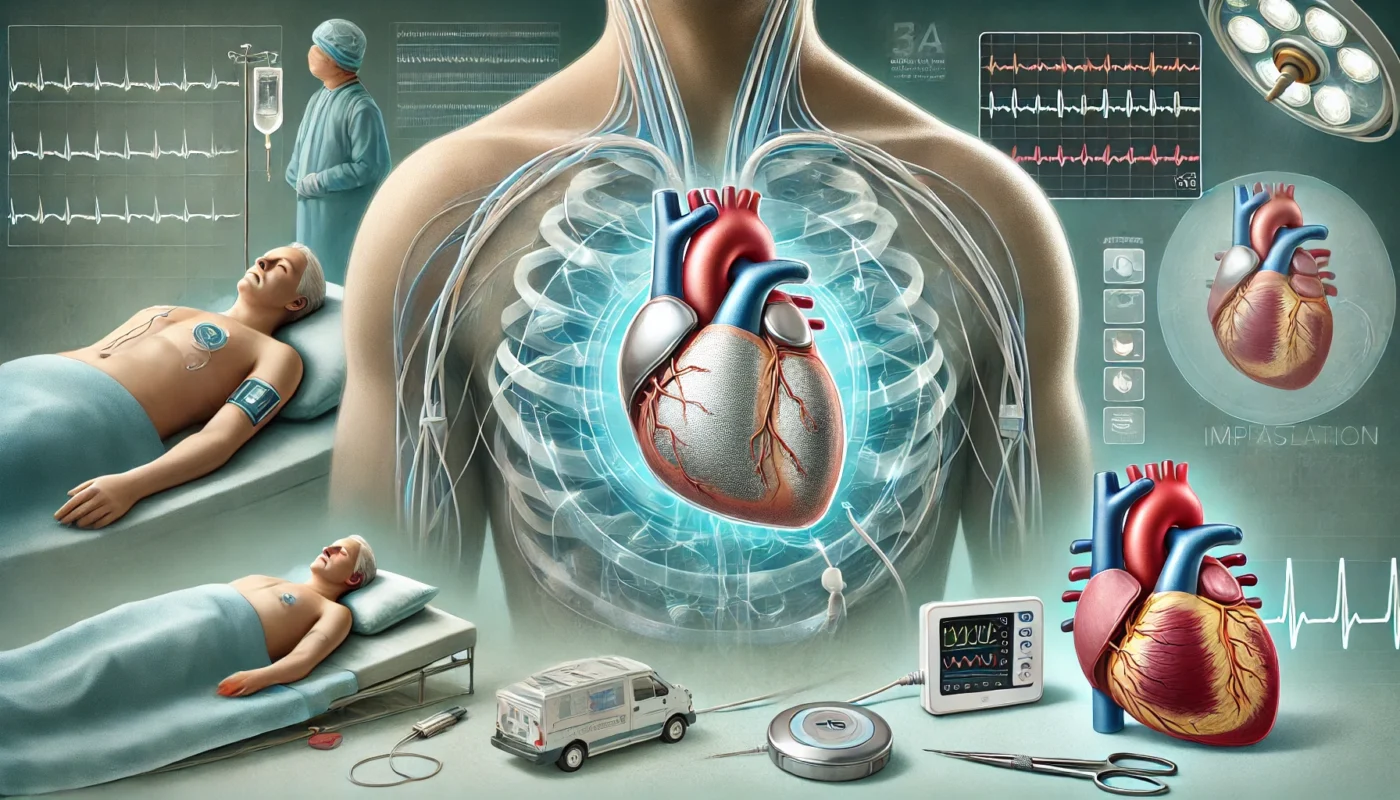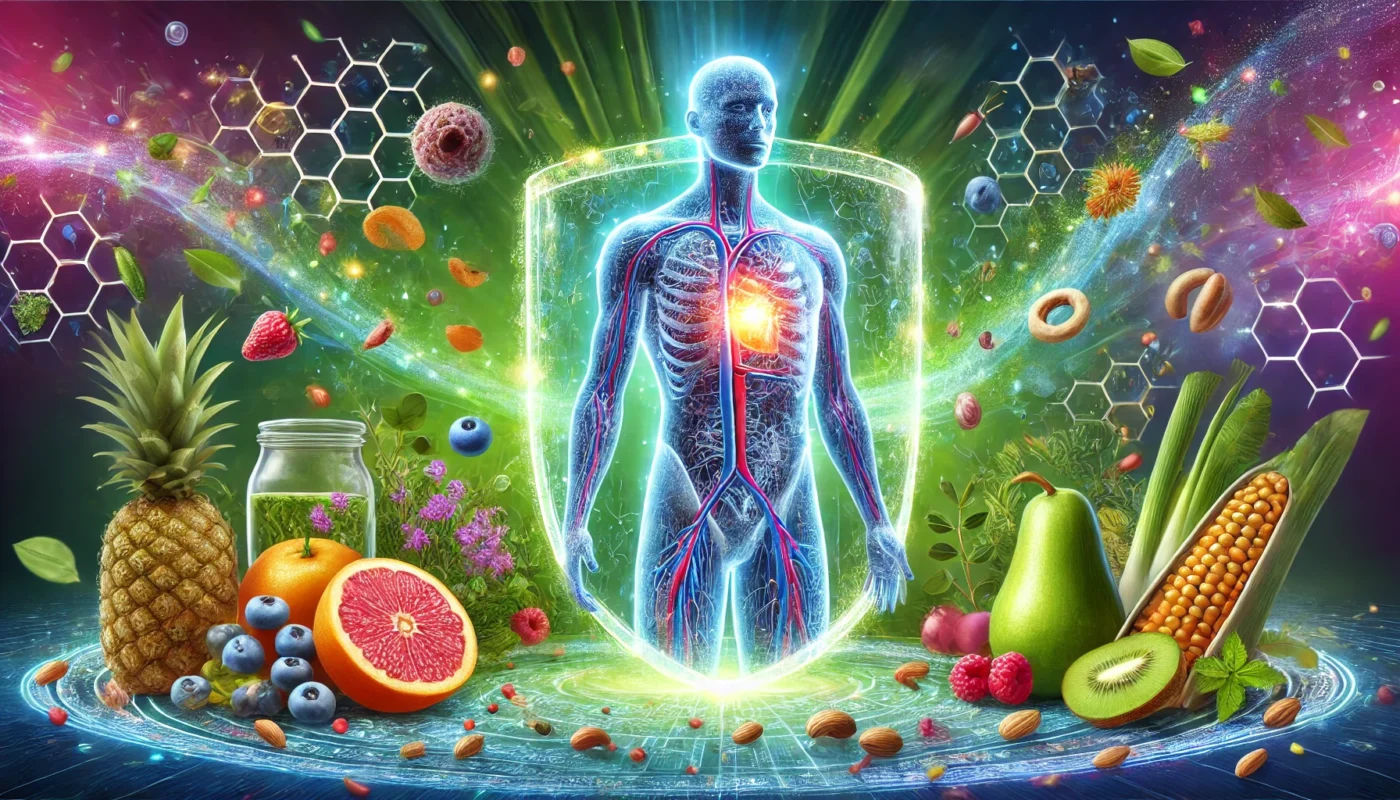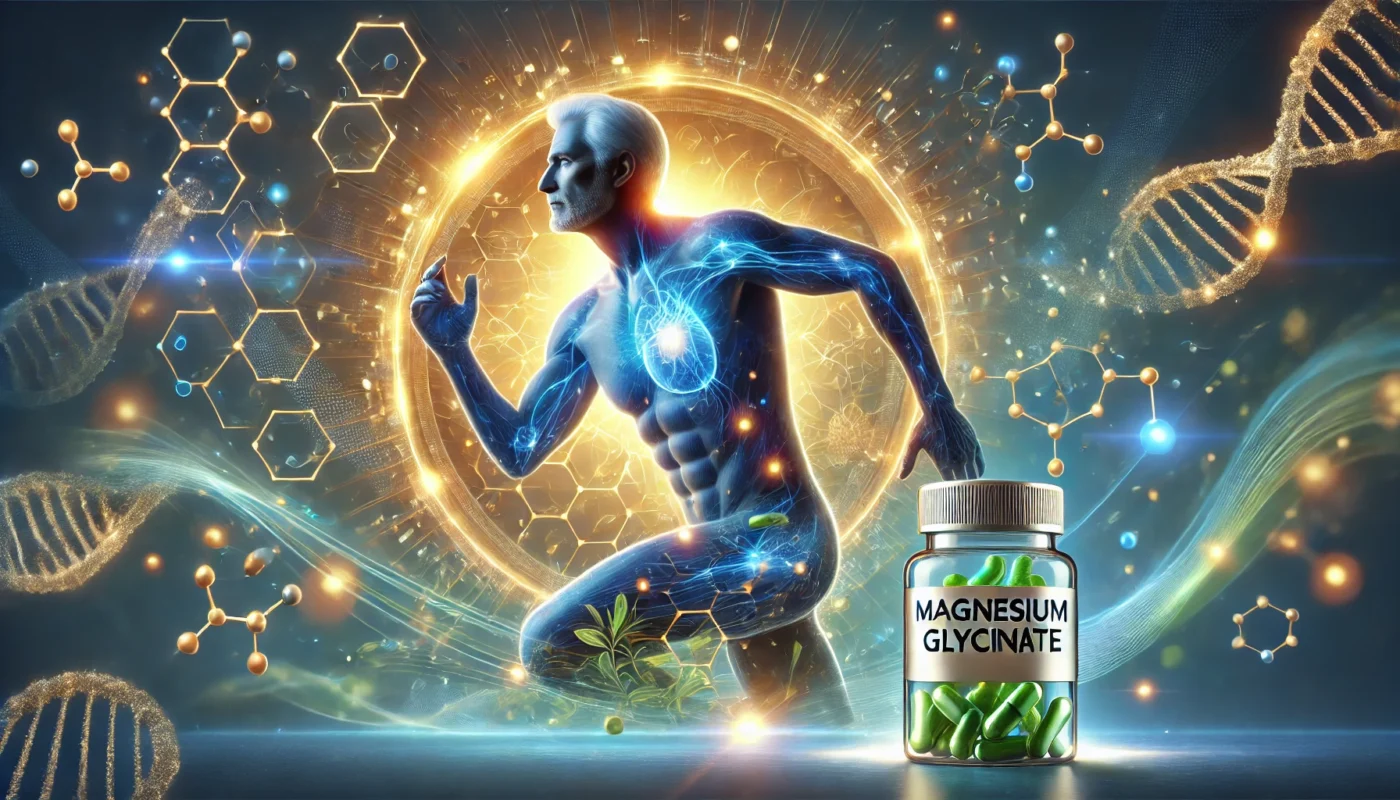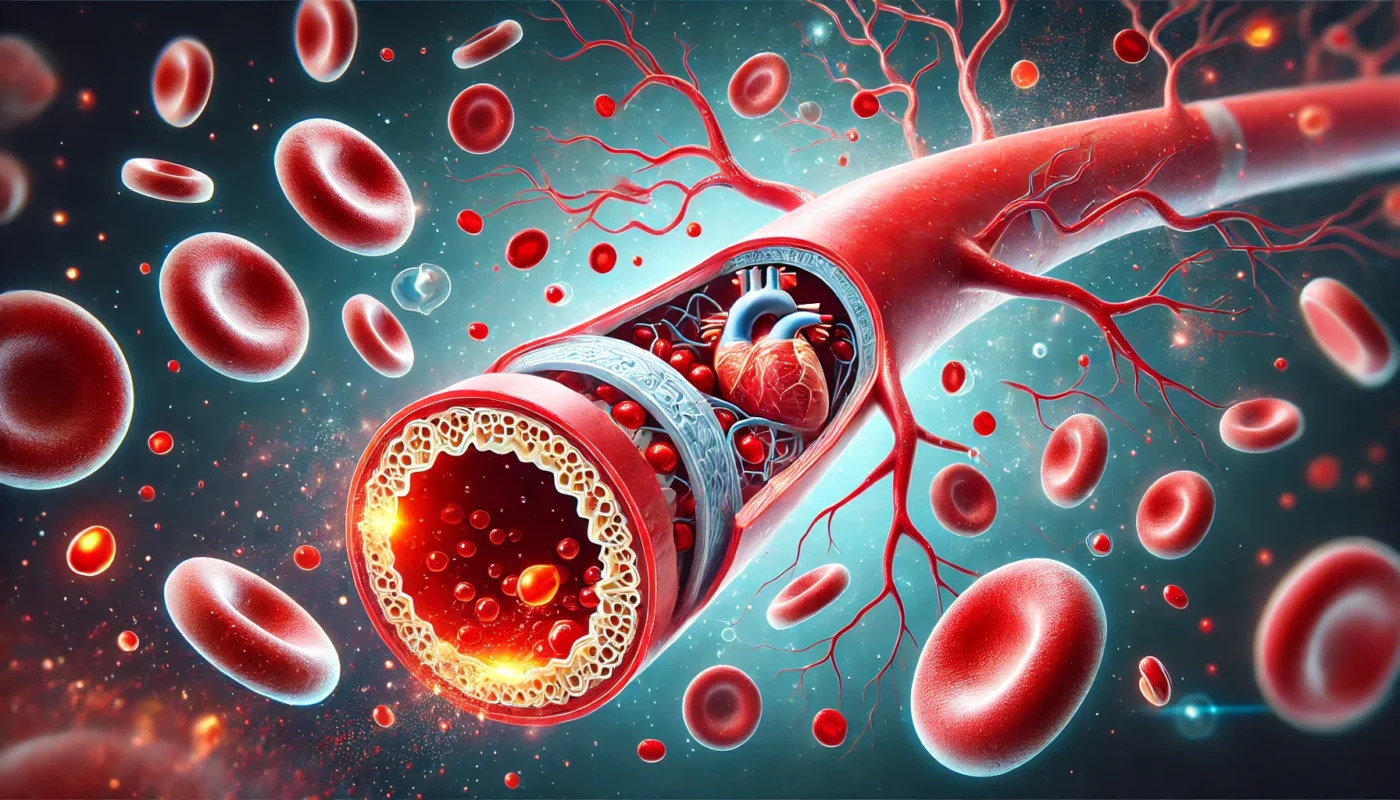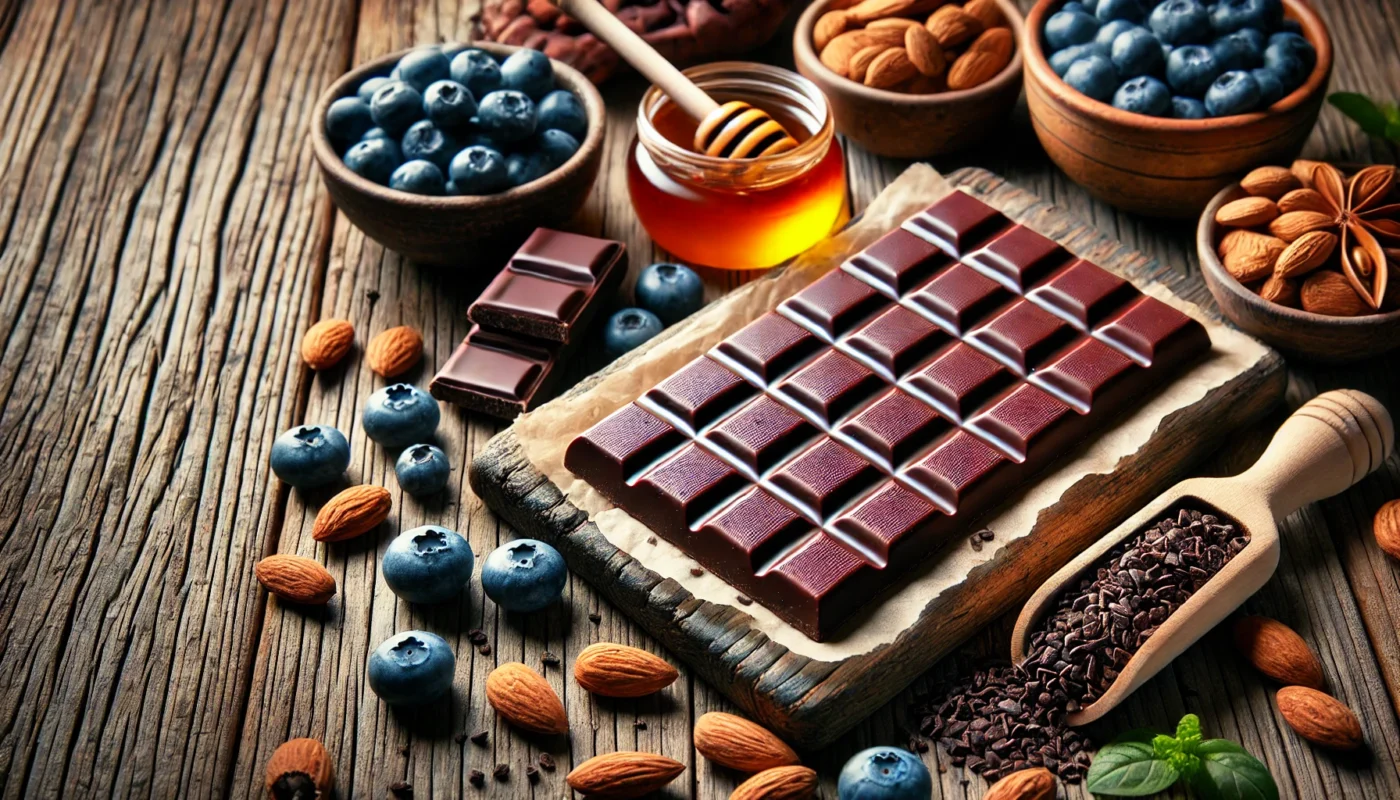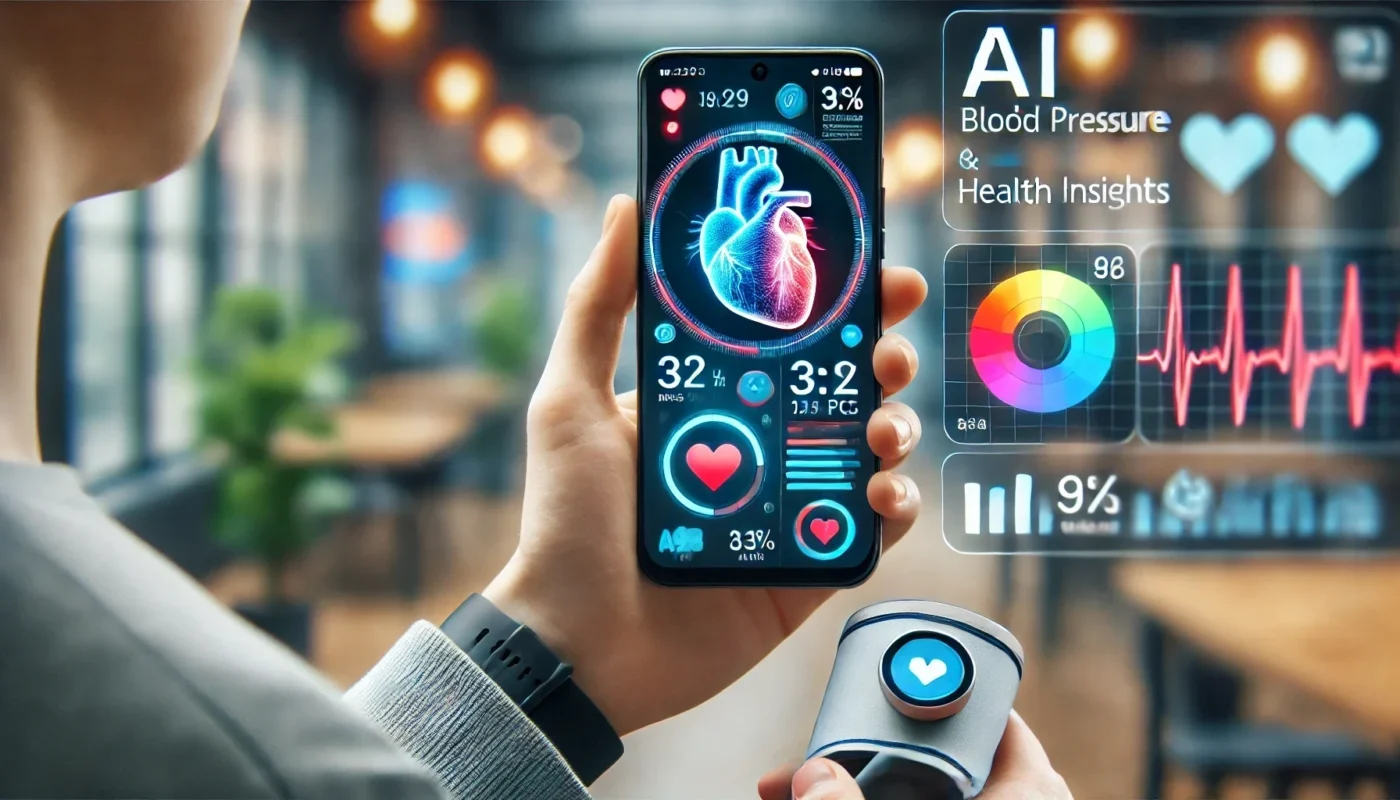Valve replacement surgery is a critical procedure designed to restore proper blood flow through the heart, ensuring optimal cardiovascular health. This procedure is often recommended when one or more of the heart valves fail to function properly, leading to conditions such as stenosis (narrowing of the valve) or regurgitation (leakage). Understanding the surgery, its recovery […]
Tag Archives: Cardiovascular Health
Pacemaker implantation is a life-enhancing procedure designed to regulate abnormal heart rhythms, improving the quality of life for individuals suffering from conditions like bradycardia or arrhythmias. While the procedure is routine, it requires careful post-operative management to ensure optimal healing and functionality. This comprehensive guide explores pacemaker implantation, from the procedure itself to recovery strategies, […]
Vitamin D is often associated with bone health and immune function. But did you know it also plays a crucial role in managing inflammation?
Inflammation is a natural immune response. However, when it becomes chronic, it can lead to various health issues. Recent research suggests that vitamin D can help modulate this process.
This article aims to explore the anti-inflammatory properties of vitamin D. We’ll delve into the science behind it, making it accessible for fitness enthusiasts, health enthusiasts, and medical patients alike.
We’ll also discuss how vitamin D can be beneficial for various health conditions related to inflammation. Plus, we’ll provide practical ways to incorporate vitamin D into your health and wellness routines.
Understanding the link between vitamin D and inflammation can help you optimize your health. It can guide you in managing existing health conditions or even preventing potential ones.
So, whether you’re looking to recover from an injury, manage a health condition, or simply optimize your health, this article is for you. Let’s dive into the fascinating world of vitamin D and its anti-inflammatory properties.
Magnesium plays a critical role in numerous physiological processes, from muscle and nerve function to bone health and energy production. While its individual benefits are well-documented, magnesium’s interaction with antioxidants such as vitamin C and vitamin E offers unique synergistic effects that amplify health outcomes. Magnesium glycinate, a highly bioavailable form of magnesium, is particularly […]
Menopause marks a significant transition in a woman’s life, bringing hormonal changes that can affect everything from bone density to mental health. As estrogen levels decline, women are at an increased risk for osteoporosis, cardiovascular disease, and mood disorders such as anxiety and depression. While lifestyle adjustments and dietary changes are essential, magnesium glycinate has […]
Aging brings a host of challenges for men, including maintaining energy levels, muscle mass, and prostate health. While regular exercise, a balanced diet, and adequate sleep are essential for healthy aging, targeted supplementation can provide additional support. Among the various nutrients that contribute to vitality in older men, magnesium glycinate stands out for its wide-ranging […]
Cholesterol and inflammation are two terms often mentioned in health discussions. They are both crucial to our body’s functioning, yet they can also contribute to various health issues when out of balance.
Understanding the link between cholesterol and inflammation is essential. It can help us make informed decisions about our health and wellness. This article aims to shed light on this complex relationship.
Cholesterol, often misunderstood, plays a vital role in our bodies. It’s involved in hormone production and cell membrane structure. However, when levels are too high, it can lead to health problems.
Inflammation, on the other hand, is part of our body’s defense mechanism. It helps protect us from injury and infection. But when it becomes chronic, it can trigger a host of health issues.
The connection between cholesterol and inflammation is a topic of ongoing research. Some studies suggest that inflammation can lead to changes in cholesterol levels and vice versa.
This article will delve into the science behind this link. It will also provide practical advice on managing cholesterol and inflammation through diet, exercise, and lifestyle changes.
Whether you’re a fitness enthusiast, a health enthusiast, or a medical patient, this comprehensive guide will help you navigate the complex world of cholesterol and inflammation. Let’s embark on this journey to better health together.
Inflammation is a common health concern. It’s linked to numerous chronic diseases, from arthritis to heart disease.
The Mediterranean diet, rich in fruits, vegetables, whole grains, and healthy fats, is often touted as a natural anti-inflammatory approach. But what does the science say?
This article delves into the Mediterranean diet and its potential to combat inflammation. We’ll explore the key components of this diet and the scientific evidence supporting its anti-inflammatory effects.
We’ll also compare the Mediterranean diet with other anti-inflammatory diets. This will help you understand how it stacks up against other popular dietary approaches.
For those struggling with arthritis, we’ll discuss how the Mediterranean diet can help manage this condition. We’ll also provide practical tips on how to incorporate this diet into your daily routine.
Whether you’re a fitness enthusiast, a health enthusiast, or a medical patient, this article aims to provide comprehensive, detailed, and practical information. Our goal is to help you leverage the Mediterranean diet to reduce inflammation and improve overall health.
So, let’s embark on this journey to better health through the Mediterranean diet, a natural anti-inflammatory approach.
Chocolate: a sweet treat loved by many. But beyond its delicious taste, does it have a role in our health? Specifically, can chocolate cause inflammation?
Inflammation is a natural response of our body to injury or illness. However, when it becomes chronic, it can lead to serious health issues. Diet plays a significant role in managing inflammation, and understanding the impact of specific foods is crucial.
Enter chocolate. It’s not just a guilty pleasure. It’s a complex food with a range of compounds that can affect our health. But is it a friend or foe when it comes to inflammation?
This article aims to delve into the science behind chocolate and inflammation. We’ll explore the components of chocolate that might influence inflammatory processes and compare the effects of different types of chocolate.
We’ll also compare chocolate to other foods, like fried food and mayonnaise, to provide a broader context. And importantly, we’ll offer practical tips on how to incorporate or avoid chocolate in your diet for optimal health outcomes.
So, whether you’re a fitness enthusiast, a health-conscious individual, or a medical patient seeking to manage your health, this comprehensive guide is for you. Let’s embark on this journey to understand the role of chocolate in inflammation.
Hypertension, or high blood pressure, is a global health challenge affecting over 1.28 billion adults, according to the World Health Organization (WHO). Its status as a leading risk factor for heart disease, stroke, and kidney failure underscores the need for effective management strategies. Traditional methods of monitoring blood pressure, such as periodic clinical readings or at-home cuff devices, often fall short in providing the continuous, personalized insights needed for optimal care. Enter artificial intelligence (AI)—a technological revolution poised to transform hypertension management. This article explores how AI is reshaping blood pressure monitoring, enabling personalized care, improving outcomes, and addressing the unique challenges of managing hypertension in the 21st century.

